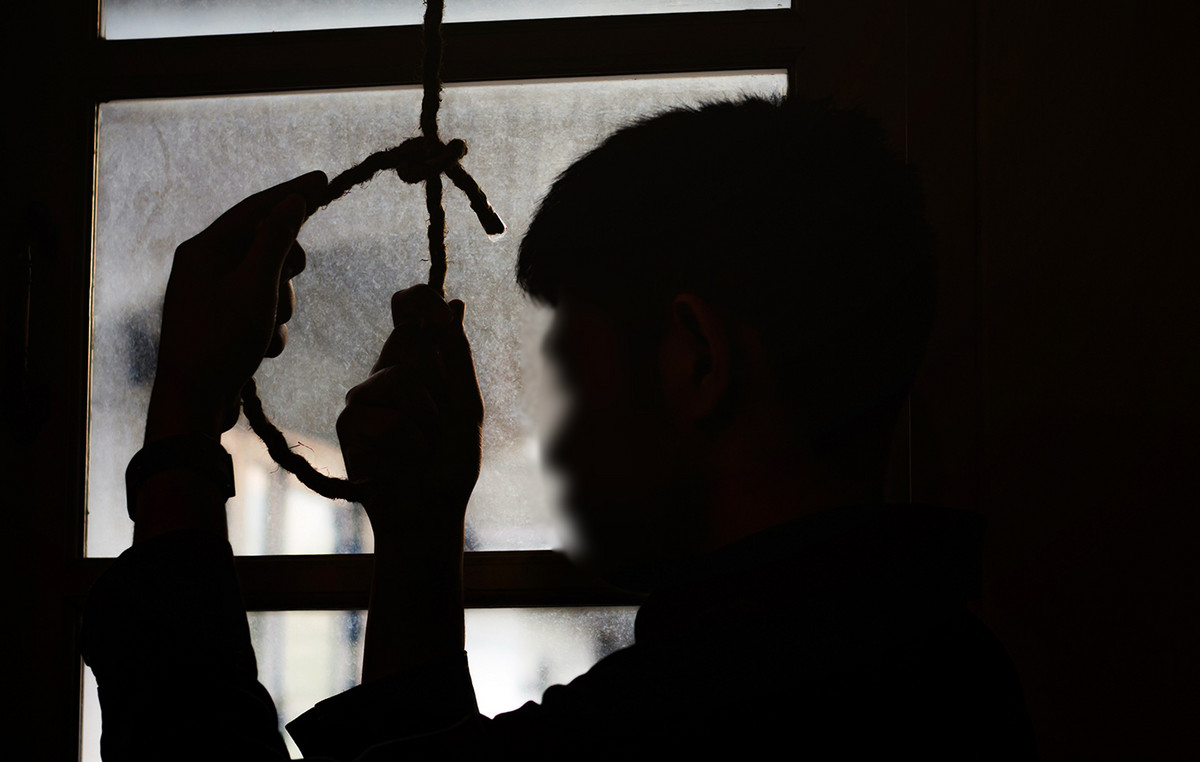The state of Rio Grande do Sul recently recorded the confirmation of two outbreaks of high pathogenicity (H5N1) avianza influenza, bringing to light sanitary and economic concerns. One of the focuses was identified in a Poultry Granja Reproduction in the Municipality of Montenegro marking the first case on a commercial property in Brazil. The second focus was confirmed in Wild birds at Sapucaia do Sul Zoo .
The two outbreaks were confirmed almost simultaneously, although in different municipalities. The distance between Montenegro and Sapucaia do Sul is about 50 kilometers.
Although Sapucaia do Sul is out of the initial radius of 10 km of investigation of the Montenegro focus, the city entered the radar of authorities after bird deaths in the zoo.
Although both cases involve the same subtype as the virus (H5N1), for now, do not confirm a direct causal relationship Between the focus on the commercial farm and the focus on the zoo.
In response to CNN, the spokesman for the Secretariat of Agriculture, Livestock, Sustainable Production and Irrigation, which has a specific sanitary division in Avian flu, virus sequencing is still underway.
Mapping will allow to assess health professionals if the virus found in Sapucaí do Sul and Montenegro are the same. From this, the investigation of transmitting agents will benefit and may verify the path that virus has traveled.
Infection in Granja de Montenegro
In Montenegro’s farm, the suspicion of respiratory and nervous syndrome in birds was attended last Monday (12). The collected samples confirmed the diagnosis of H5N1 this Friday (16).
The affected birds were matrix chickens, intended for the production of fertile eggs. The disease eventually resulted in the death of almost 17 thousand birds on site. In one of the warehouses, all birds died, while in another, about 80% died.
The surviving birds on the farm were slaughtered as part of the sanitation and eradication protocol of the focus. The exact origin of the virus entry into the farm is being investigated, with possibilities including wild birds, footwear of people, equipment, inputs and even water.
The fertile eggs produced by the farm have been tracked for incubator in different states and are being destroyed as a preventive measure.
Sapucaia do Sul Zoo infection
At Sapucaia do Sul Zoo, swimming swims and ducks were recorded on Friday. Samples collected from these birds confirmed that the deaths were also caused by the H5N1 Aviary Influenza.
The zoo had been visiting suspended preventively since last Wednesday (14), after the confirmation of the diagnosis, will remain closed indefinitely .
In the zoo, the procedure with wild aquatic birds differs from the adopted in the farm. In this case, surviving animals are not sacrificed, only isolated.
Biosafety protocols and the use of appropriate personal protective equipment (PPE), such as masks and overalls, have been reinforced for workers dealing with animals and carcasses to minimize the risk of human contamination. The disposal of dead animal carcasses follows technical procedures provided for in specific norm.
As infection happens between animals
Avian influenza is a highly contagious viral disease . It predominantly affects wild and domestic birds, but can also infect mammals. The most common form of the virus of the virus in a territory is through migratory wild birds .
Infected birds can spread the virus through saliva, mucosal secretions and feces . The infection between animals (and birds for humans) can occur by direct contact (breathe the virus in droplets or particles) or by Contact with surfaces contaminated by infected bird followed by the touch of the eyes, mouth or nose. Transmission between mammals can occur by contact with sick birds or water and contaminated materials.
Authorities reinforce that the consumption of poultry and eggs is safe For the population, provided that the food is well cooked or prepared correctly, as the disease is not transmitted through consumption.
The risk of infection for humans is considered low and is usually associated with direct and intense contact with infected birds or contaminated materials.
The Rio Grande do Sul State Government has declared an emergency animal health to facilitate control actions and has implemented measures such as the installation of sanitary barriers in the focus area in Montenegro and the intensification of surveillance in rural properties on risk rays.
This content was originally published in how was the animal infection in RS? Understand possible relationship between cases on CNN Brazil.
Source: CNN Brasil
I’m James Harper, a highly experienced and accomplished news writer for World Stock Market. I have been writing in the Politics section of the website for over five years, providing readers with up-to-date and insightful information about current events in politics. My work is widely read and respected by many industry professionals as well as laymen.







